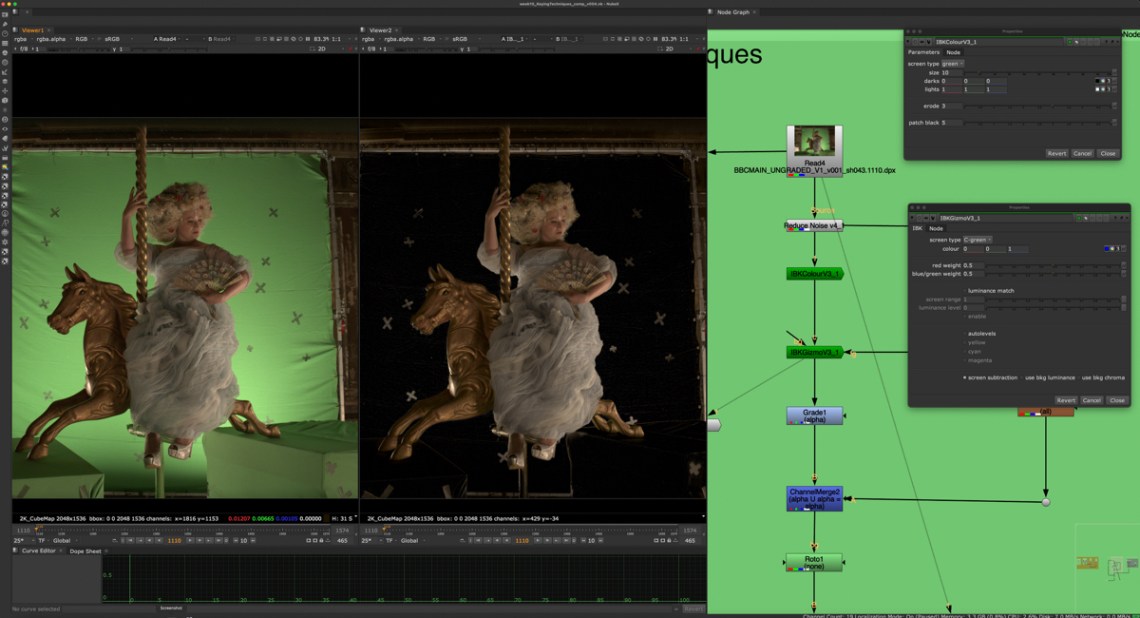Community, Leadership, Experimentation, Diversity, & Education
Pittsburgh Arts, Regional Theatre, New Work, Producing, Copyright, Labor Unions,
New Products, Coping Skills, J-O-Bs...
Theatre industry news, University & School of Drama Announcements, plus occasional course support for
Carnegie Mellon School of Drama Faculty, Staff, Students, and Alumni.
CMU School of Drama
Friday, March 25, 2022
How 'Dune' VFX supervisor Paul Lambert invented Nuke's IBK keyer
befores & afters: Paul Lambert, now a two time Oscar-winning visual effects supervisor for Blade Runner 2049 and First Man, and also nominated this year for an Academy Award for Dune, was working as a compositor at Digital Domain in Los Angeles back in 2004 when he somewhat cavalierly suggested the development of a new keyer for the studio’s groundbreaking compositing system, Nuke.
Subscribe to:
Post Comments (Atom)

2 comments:
I was hesitant on clicking on this article as I did not watch Dune, but I am so glad I did! I am quite unfamiliar with video media design, especially in the world of film, so learning about the IBK process was super fascinating. I really appreciated that the article was so friendly to those who were unfamiliar with VFX terms and green screen processes. The videos and photographs included really helped with my understanding as well, especially how they incorporated photos of the action with photos of the software they are using. Though I still do not completely or fully understand the logistics of how they made things work, I appreciated that the article widened my horizons and I learned something new. Paul Lambert is quite the innovative artist and I will now keep an eye out for his work and talent in other film works with strong visual effects I see.
In my mind when I was reading this all I could think was “Yes, and.”. Before reading this, I had also never heard of the program “Nuke”, but I feel that this article has given me sufficient knowledge about the program, it’s functions and it’s development. The story of how Lambert came to develop the proprietary keying technology is very similar to that of companies like Facebook and Microsoft. While I didn’t fully comprehend most of the terminology being used it was still very insightful, while also providing a vicarious sense of hope. By this I mean: hopefully some of the skills I learn will be transferrable into broader fields that will allow me to expand. Now that I have read a little about this program, I am going to do further research into it and maybe even try to play with it a little, especially after seeing the pictures and videos that were linked in the article I would love to mess around with this program a little bit.
Post a Comment